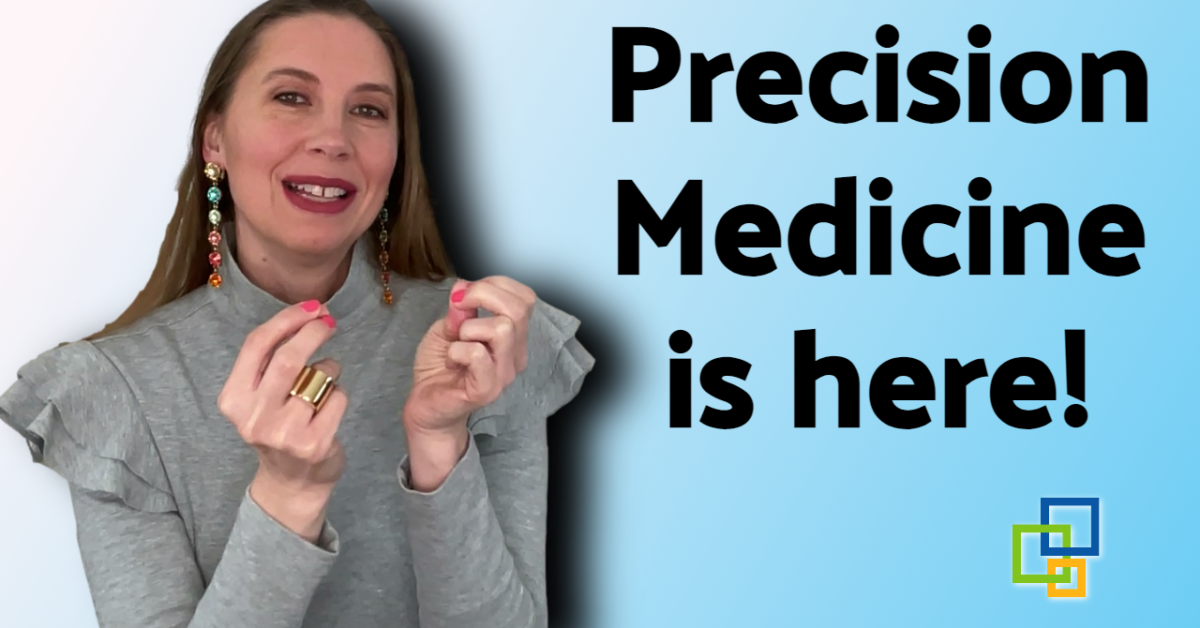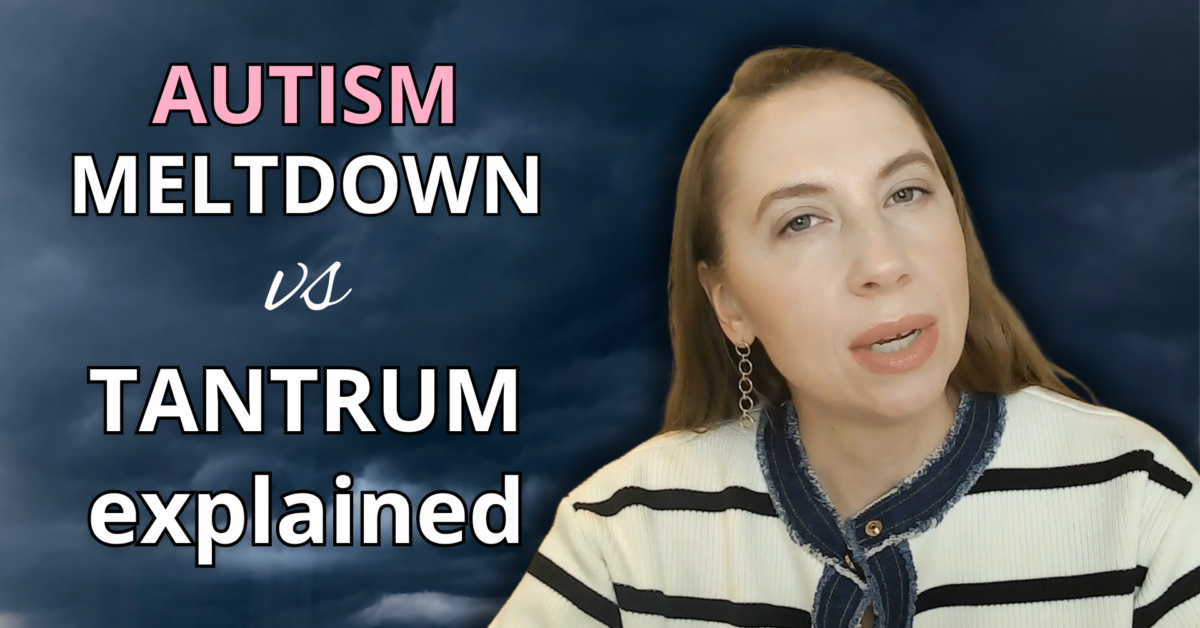Sounds like something for the future, but it’s here now! If you’ve ever wondered how your child might react to a particular medicine before they actually take it, then this post is for you.
OneOme and Autism
Pharmacogenomics – This is a relatively new field in medicine. It combines pharmacology, which is the science of drugs, and genomics, the study of genes and their functions. Analyze how a person’s DNA affects the way they respond to particular medicines. And this is an example of precision medicine, the exact opposite of trial and error.
Why is this important?
Adverse reactions cause hospitalizations and are very disruptive. Right? Besides being worrisome, causing stress, missing either work or school, a whole host of reasons. And many times, patients don’t go on medications because they fear how they will react. That whole trial and error is not a good way to practice medicine. And many times, patients don’t go on medications for gastroenterology, neurology, anesthesiology, psychiatry. These are the areas where many times the fear is the greatest. Rightfully so, because many times these are the medications that are the trial and error where the doctor says, well, let’s try this and see how it goes.
Great doctors. Yes, there are great doctors out there. And having a great partnership with a knowledgeable doctor makes a huge difference in your child’s overall outcome. Your doctor might not know about this test. However, a great doctor will be curious. And if you have a great partnership, then you can work together to see if this test is appropriate for your child.
The test is OneOme RightMed and it was developed by the Mayo Clinic. OneOme was co-founded by the Mayo Clinic. And the Mayo Clinic is one of the most respected medical centers in the United States. The RightMed Comprehensive Test Report contains gene-drug interactions classified based on the severity of the interaction, the patient’s genotype, and their predicted metabolic status across each gene. Let me show you a sample report from OneOme’s website.
This is a sample report. The reports are very long and very detailed. And here’s just one page of a sample report and you can see the top three drugs that are listed there. The first one is about seizures, the second one is SSRI, so about depression. And the third one is Dilantin, which is, again, for seizures so neurology-related.
Many times these are drugs that are given in the trial and error of “Well, let’s see if this works” and you can see with the OneOme personalized medication report summary here that there are major gene-drug interactions. So this would indicate that it’s important to have a conversation, a deep conversation with the doctor before trying any of these medications.
The report further goes on to show a nice summary of any major gene-drug interactions and it’s broken down by category. Now, this report does not analyze every single drug on the market. There’s a handful that they focus on. Cytochromes P450 – such an important family of enzymes. Cytochrome P450s constitute a superfamily of enzymes that catalyze the metabolism of drugs and other substances. They are going to process drugs and it’s really important to know how the Cytochrome P 450s in your child are working. Some are super fast, some are super slow and that then impacts the amount of drug that will be in your child’s body for a certain amount of time. So it really impacts dosing. Genetic polymorphisms of the cytochrome P 450s may affect the enzyme catalytic activity and have been reported among different populations to be associated with various diseases and adverse drug reactions. Cytochrome P 450s really impact drug metabolism. They’re studied in clinical trials before a drug is approved. So there’s a lot of information about Cytochrome P 450s and it’s important to start to know your child’s Cytochrome P 450 activities and then also have an understanding of how a particular drug or substance (supplements are processed very well too) and it’s important to have this kind of information. With regard to drug metabolism Phenotypes for Cytochrome P450 polymorphism range from ultra-rapid to poor metabolizers. Again, this will affect the dose level that remains in your child’s body.
Here’s a sample report of the gene and the phenotype summary relating to Cytochrome P 450s. So you can see there would be a nice breakdown. It would be wonderful to know if a particular gene was a rapid phenotype of that cytochrome P 450. And so if your child is going to take a drug or a supplement that is metabolized by that cytochrome, you would have a better understanding of how your child is going to react to that particular drug or supplement.
Conclusions
When medication is appropriate, precision medicine makes sense. The OneOme RightMed test is often covered by insurance. Build your healthcare team with knowledgeable practitioners. Take the time to form great partnerships with doctors. There are great doctors out there. Many doctors do want to help your child get healthier and you just have to find them.
Don’t give up. Keep looking.
It’s really important to have information like this when you’re considering medication or even supplementation.




